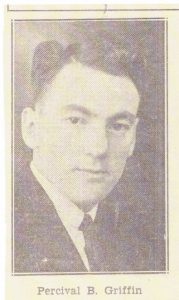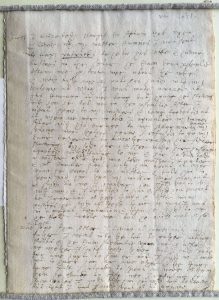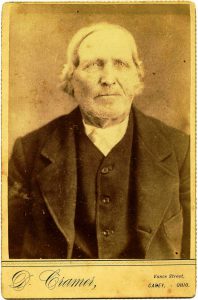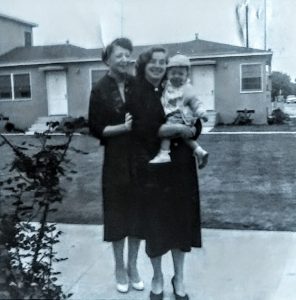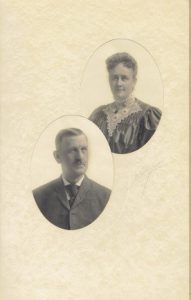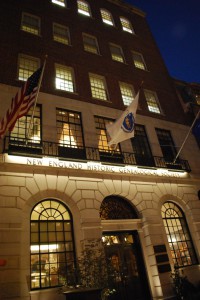 Today marks the one-thousandth Vita Brevis post since the blog launched in January 2014. The blog’s pages have been accessed more than one-and-a-half million times, and by my (not very scientific) count the following eighteen posts have led the field, read by more than one hundred thousand readers.
Today marks the one-thousandth Vita Brevis post since the blog launched in January 2014. The blog’s pages have been accessed more than one-and-a-half million times, and by my (not very scientific) count the following eighteen posts have led the field, read by more than one hundred thousand readers.
By far and away the most-read post at Vita Brevis is Chris Child’s August 2014 account of Robin Williams’s maternal ancestry. The circumstances of Williams’s death, and the affection he had inspired in millions of Americans, made the post a place to stop and reflect about what he had meant to members of the genealogical community. Continue reading The thousandth post
